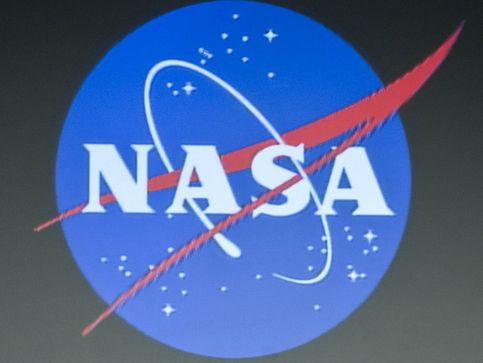
NASA is distancing itself from a new study that investigates how unsustainable resource exploitation and rising income inequality could potentially lead to the collapse of human civilization as we know it.
NASA officials released this statement on the study today (March 20): "A soon-to-be published research paper, 'Human and Nature Dynamics (HANDY): Modeling Inequality and Use of Resources in the Collapse or Sustainability of Societies' by University of Maryland researchers Safa Motesharrei and Eugenia Kalnay, and University of Minnesota's Jorge Rivas, was not solicited, directed or reviewed by NASA. It is an independent study by the university researchers utilizing research tools developed for a separate NASA activity. As is the case with all independent research, the views and conclusions in the paper are those of the authors alone. NASA does not endorse the paper or its conclusions."
The study, which has been accepted for publication in the journal Ecological Economics, received a lot of attention recently. For example, a story about it that ran last Friday (March 14) in the British newspaper The Guardian had been shared more than 113,000 times on Facebook as of today (March 20) and was picked up by Gizmodo and other media outlets. Many of the media reports about the forthcoming paper have made much of NASA's involvement. The Guardian's story, for example, sports the following headline: "Nasa-funded study: industrial civilisation headed for 'irreversible collapse'?" Such accounts motivated the space agency to issue the statement as a clarification.
Follow Mike Wall on Twitter @michaeldwall and Google+. Follow us @Spacedotcom, Facebook or Google+.
Sign up for the Live Science daily newsletter now
Get the world’s most fascinating discoveries delivered straight to your inbox.












